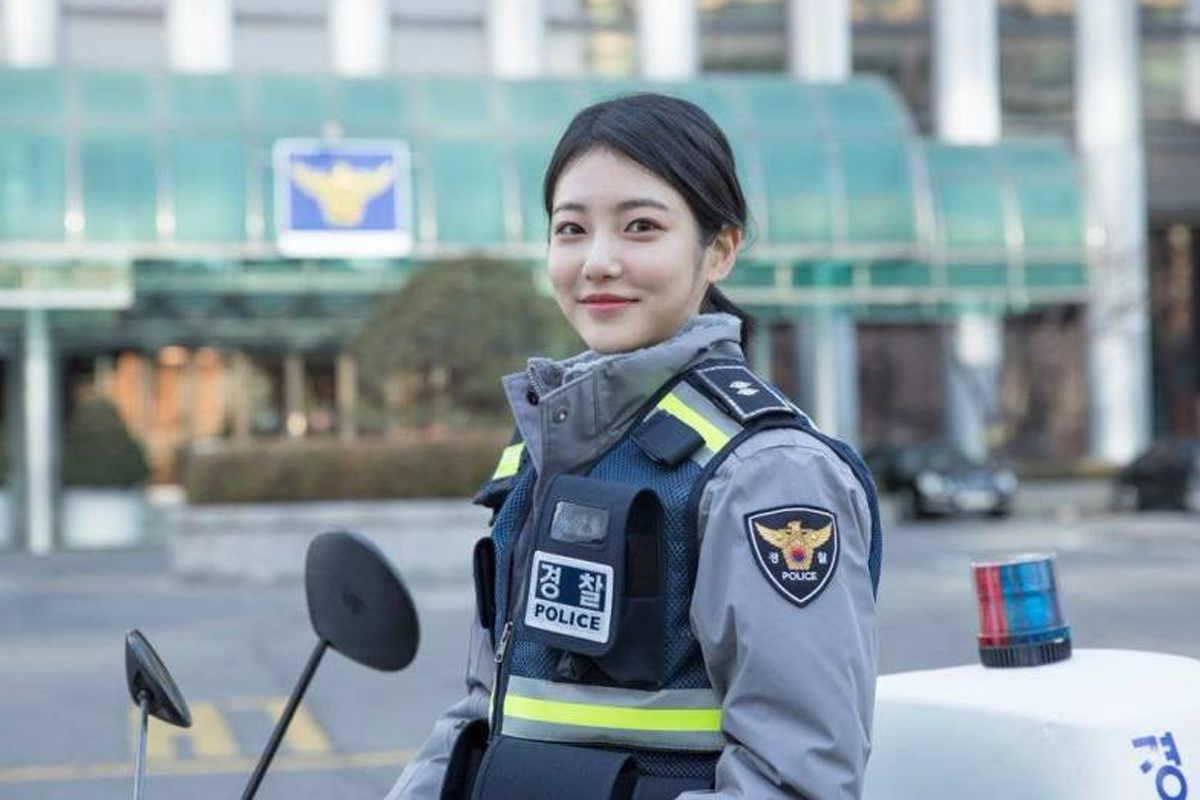Do you enjoy crime dramas or movies involving police officers? There are many really interesting crime dramas and movies in Korea that feature lots of different police characters.
Today, for those of you who have been curious while watching them in Korean dramas and movies, I will tell you about the police and police life in Korea!
Korean National Police Agency Mascots
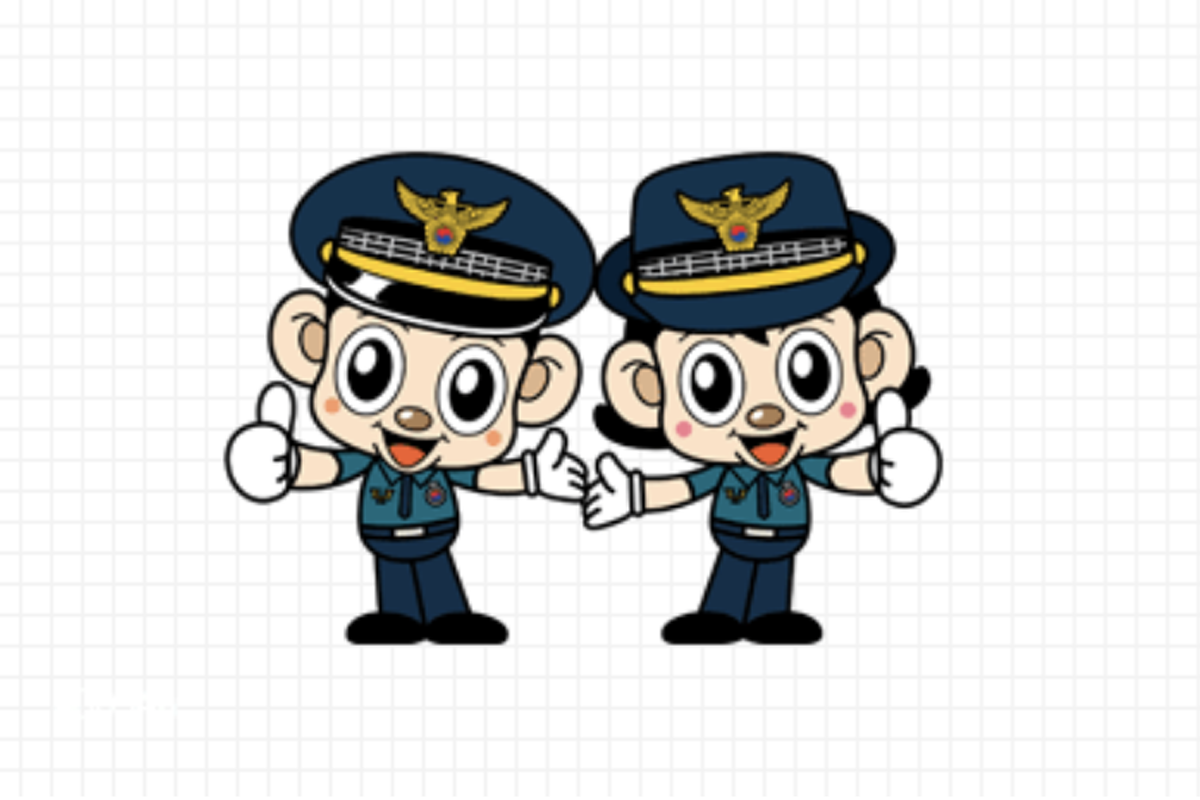
First of all, let me introduce the mascots of the Korean National Police Agency! The mascots symbolize the goals of the Korean police.
The names of the mascots are Podoli and Posuni, respectively. In Korea, '-Dol-i' usually signifies a man's name and '-Sun-i' signifies a woman's name. They are characters that represent male and female police officers.
The 'Po' in the names of Podoli and Posuni stands for 'Po', the first syllable of 'Police', and it also stands for 'Po' of 'Pojol', who played the role of police officers during the Joseon Dynasty.
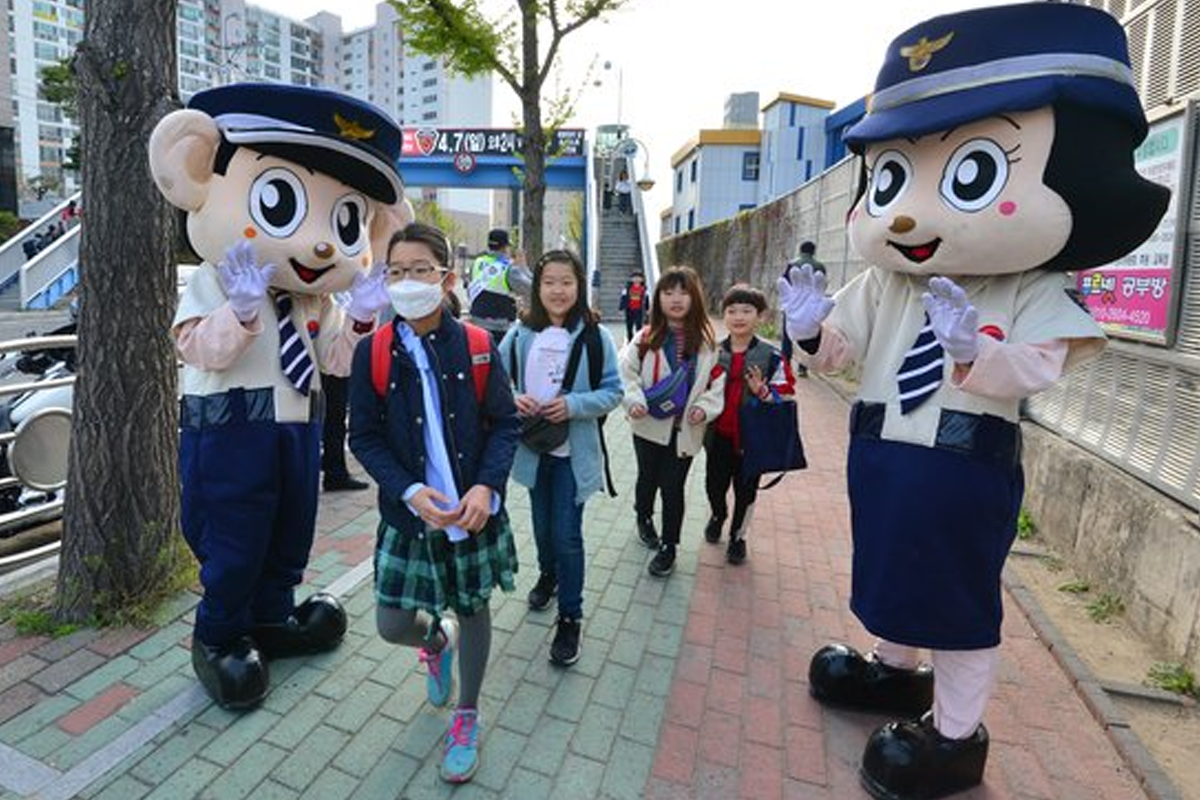
Let's see what Podoli and Posuni look like. First, their big ears mean that the police will listen to the voice of the people.
Second, their big eyes mean that they watch over every corner of the country to prevent crime.
Third, their big heads show they will use their intelligence and become advanced, leading police officers of the 21st century.
Lastly, their outstretched arms mean they will stand up to any injustice or illegal act!
The Korean police are an organization that strives to give a friendly image to the Korean people and protect them.
Perception Of The Police In Korea
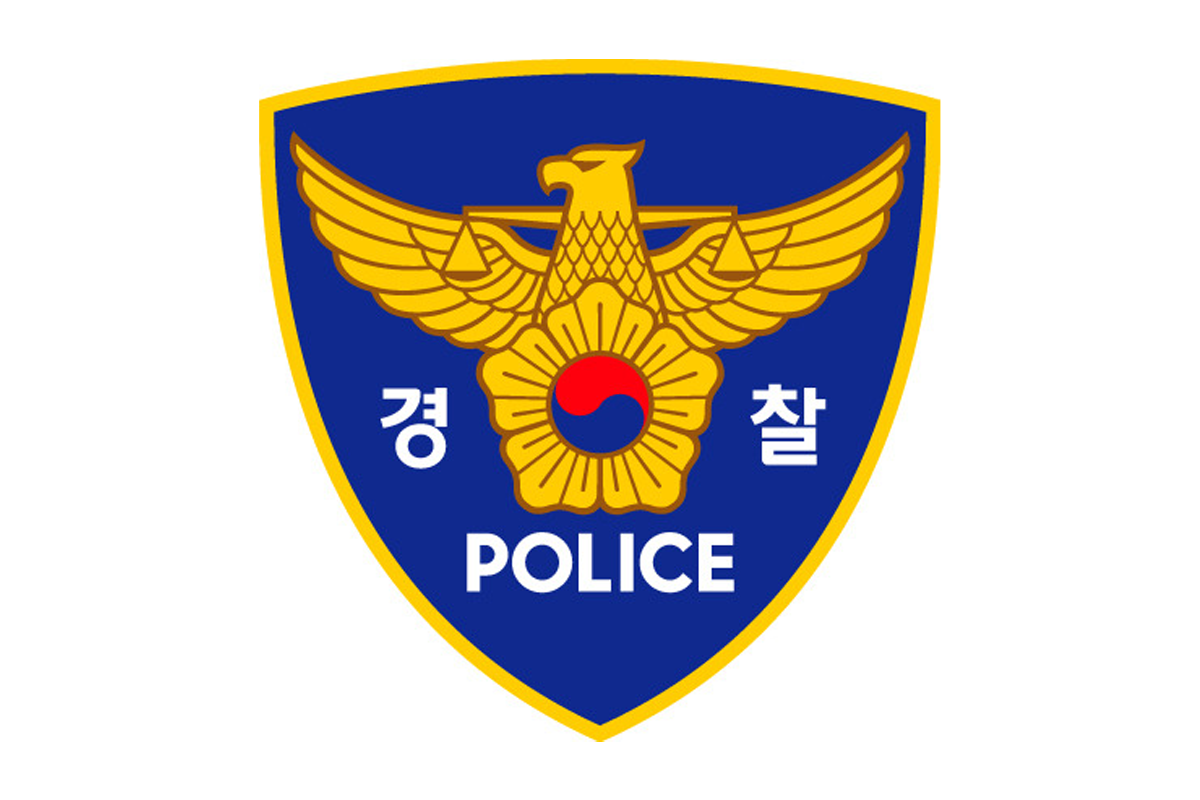
But how are the police really viewed in Korea? In Korea, the police are nicknamed 'the people's cane'. They support and give strength to the people during difficult times.
However, in reality, the image of the police in Korea is not so positive.
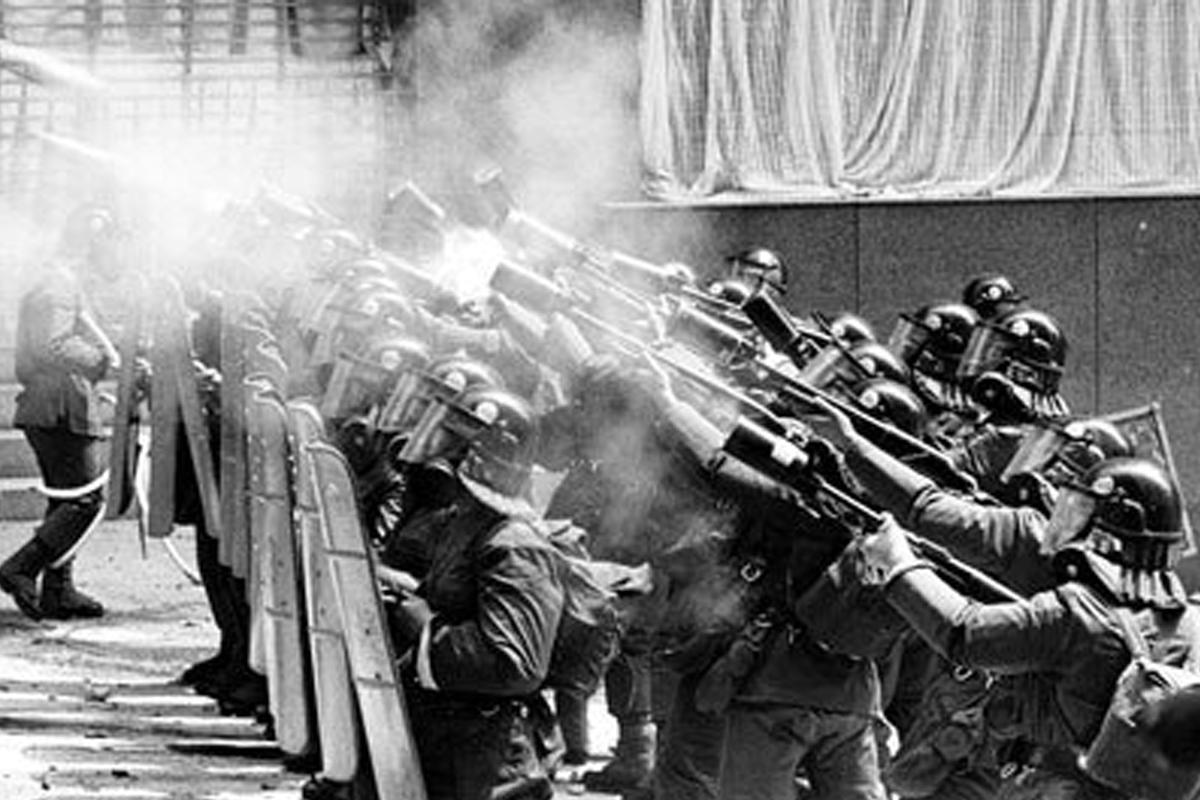
From the 1950s to the 1980s, Korea was under a dictatorship. At that time, the Korean police were loyal to the authoritative and violent powers and suppressed the Korean people.
The most representative example is the torture of democratic activists and violation of human rights when people participated in democratic movements.
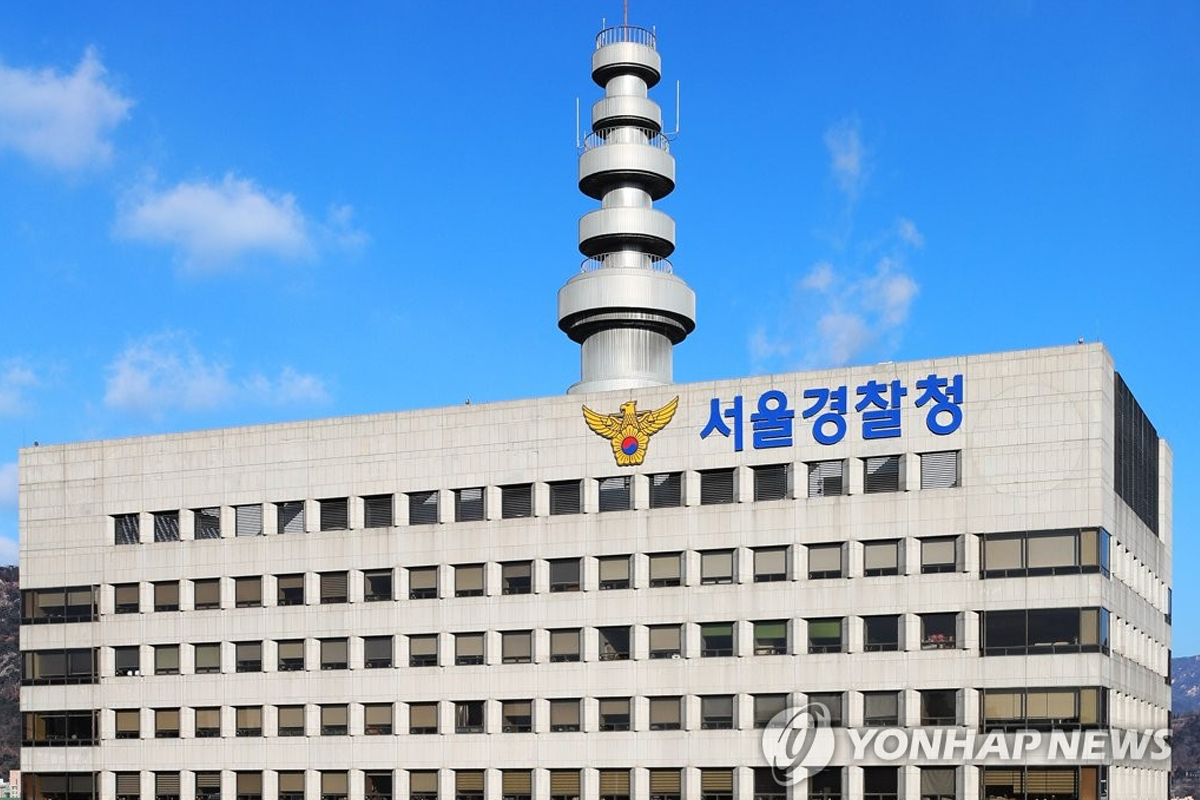 Source: Yonhap News
Source: Yonhap NewsThe current Korean society is democratic, but some police officers still demonstrate authoritarian, violent, and non-democratic behaviors.
Corruption in the police organization is also known to be a serious issue.
According to the Korea National Agency Integrity Assessment, the Korean National Police Agency is ranked 4th on a scale of 1 to 5, with 5 being the lowest.
That's why there are many people who call the Korean police 'gyeon-chal' rather than 'gyeong-chal'.
'Gyeon · 犬' means dog in Chinese characters. The word 'gyeon' is placed in front of the word for police, calling the police loyal dogs of those in power.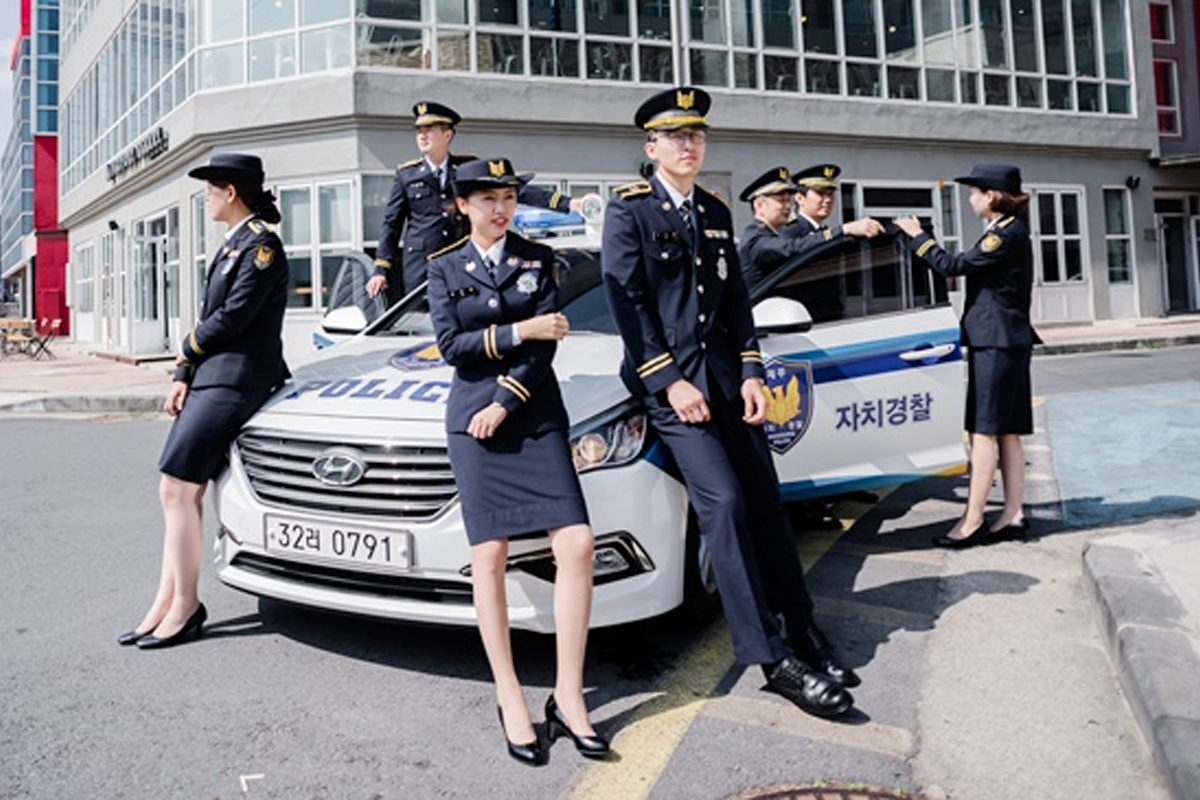 Source: Jejudo Daily
Source: Jejudo Daily
But not all cops are like this. There are so many wonderful and respectable police officers who are working hard for the safety of the people and the eradication of crime!
In January of this year, the National Police Agency also announced an anti-corruption promotion plan to raise the integrity level from the current level 4 to level 1 by 2022.
Process Of Becoming A Police Officer
There are three main ways to become a police officer.
1. Exam![Korean police officer outside, uniform, Shin Yeeun]()
The most typical route is to take an exam to become a police officer. There is a police recruitment exam and a police cadet exam.
If you pass the police recruitment exam, you start at the lowest rank as an officer. If you pass the police cadet exam, you start at a higher rank as a lieutenant.
So, about 5,000 people are selected through the police recruitment exam, but only about 50 people are selected through the police cadet exam.
The exam is only held once a year and you can become a police officer only after passing the written, practical, and interview portions.
Since officers are recruited by region, the amount of competition varies, but all test takers have to face fierce competition as there is usually 1 successful applicant for every 20 to 30 applicants.
2. Korean National Police University
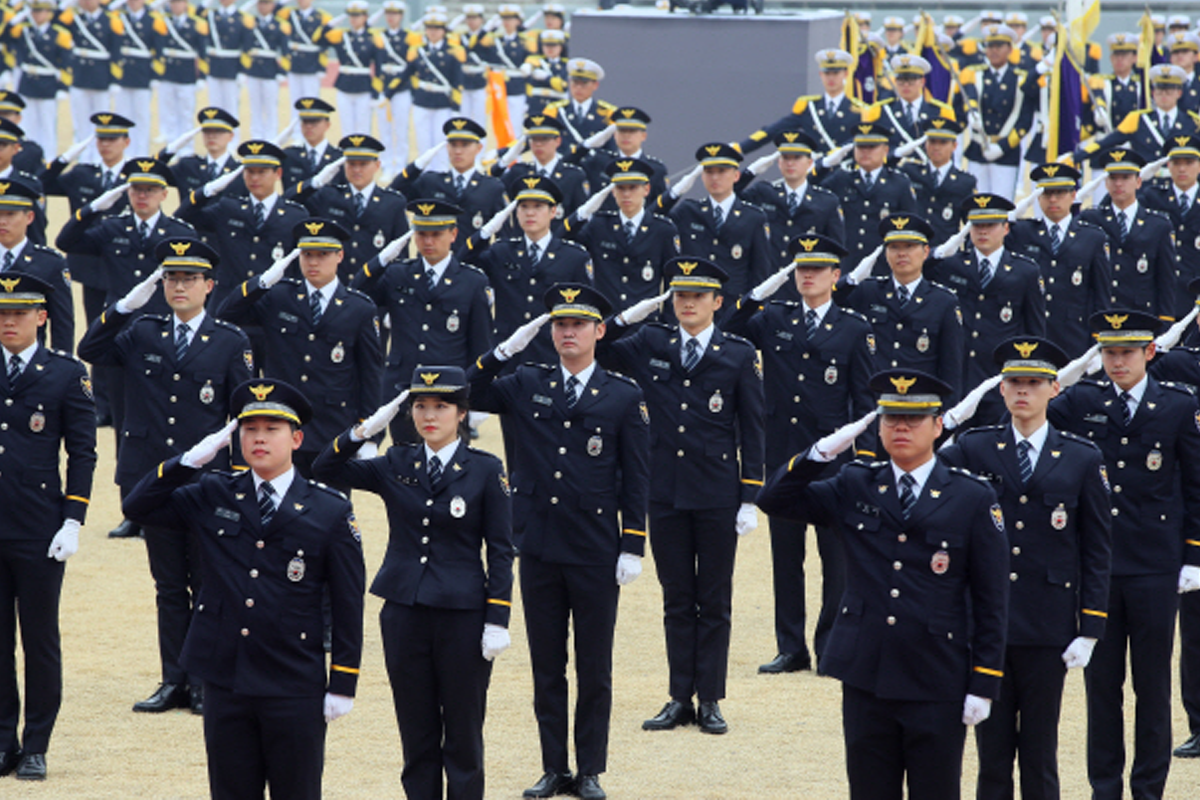 Source: Edaily
Source: Edaily
The Korean National Police University is a four-year special university established to foster police officers.
As soon as you graduate, you'll be appointed as a lieutenant, a level 6 civil servant. Park Seo-joon and Kang Ha-neul of the movie Midnight Runners are students attending this university.
In order to enter the Korean National Police University, the first step is to take the school's entrance exam. The second step is the physical examination, fitness test, and interview.
Lastly, you have to take the college entrance exam (suneung), a test that all Korean college students take.
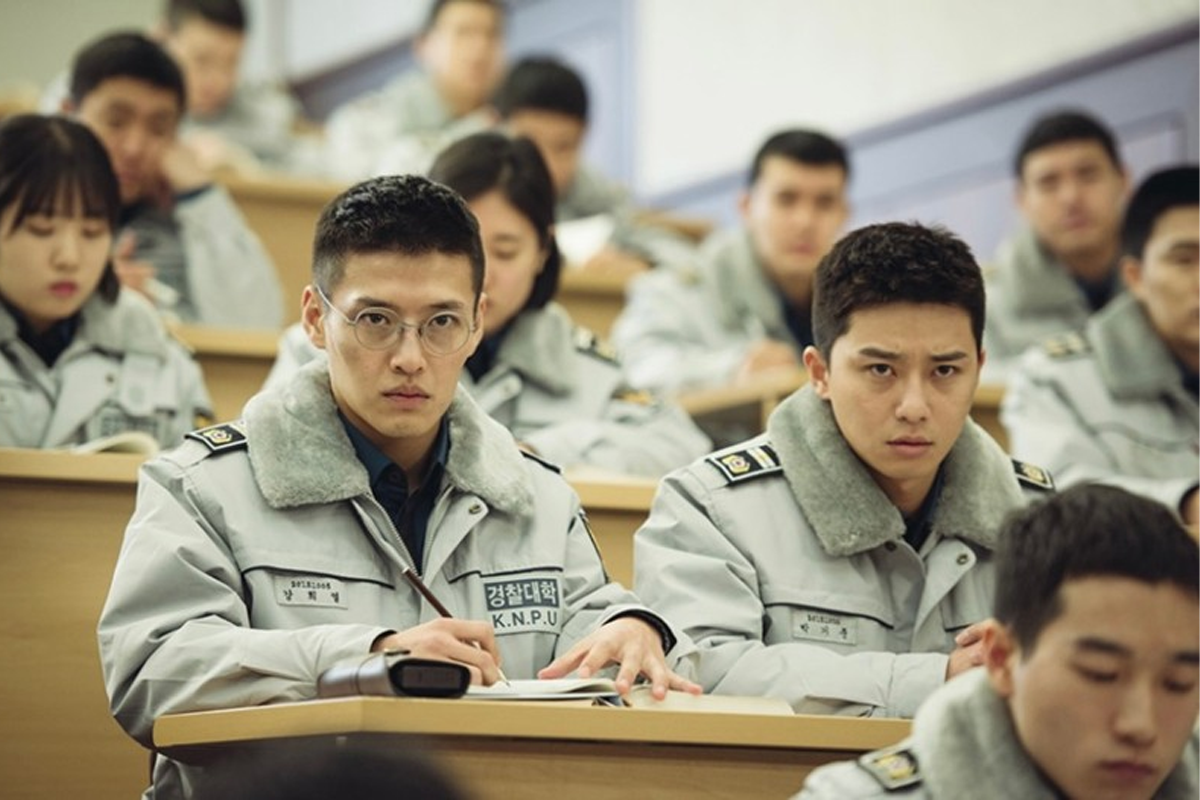
So, getting into the Korean National Police University is very difficult.
It's as hard or even harder than getting into a SKY university (Seoul National University, Korea University, Yonsei University), which are known as the most prestigious in Korea.
Moreover, the benefit of being appointed as a lieutenant right after graduation is huge, so the competition is very fierce. In 2021, the overall competition ratio was 84.66 to 1!
3. Experienced Hires
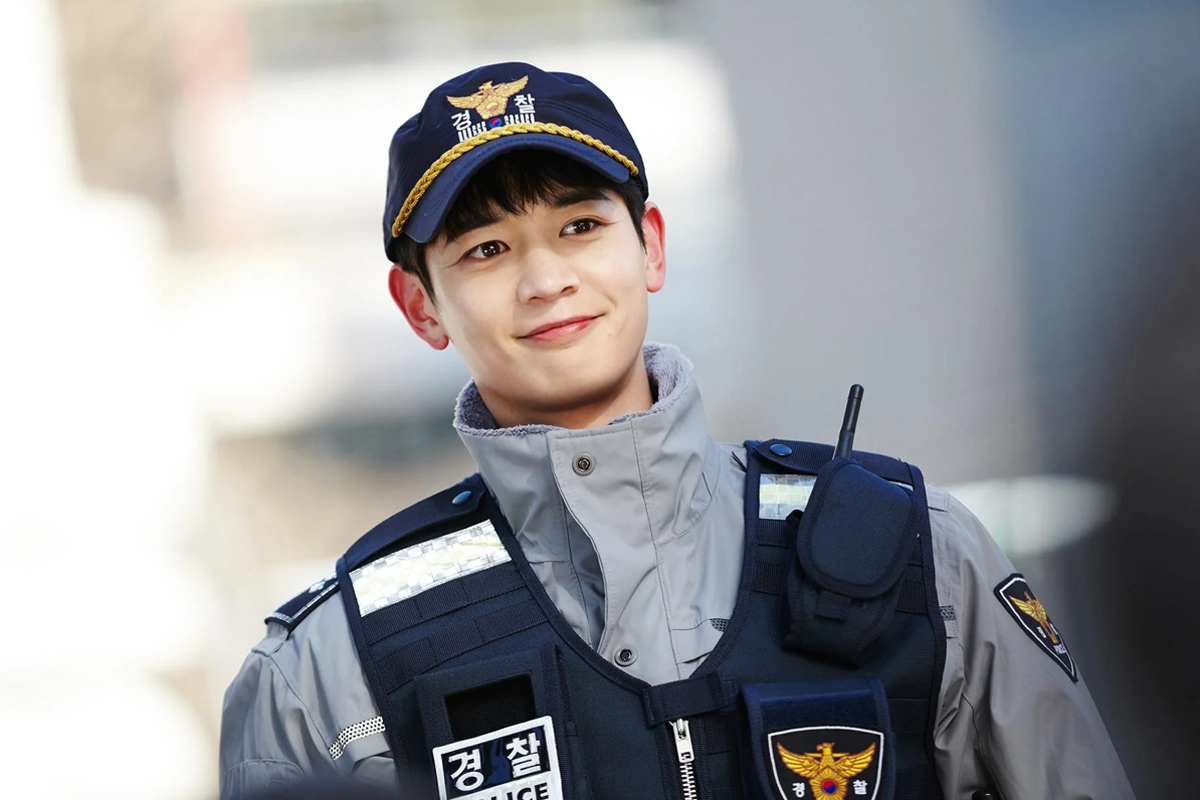
Experienced hires are people with experience in the field of conducting police-related work that are recruited to join.
For example, people who have won awards in major judo or taekwondo competitions or have worked in information security are eligible for recruitment.
Police Ranks

There are a total of 11 ranks and the stages are quite detailed.
| Rank | Civil Servant Level |
| Police Officer 순경 | Level 9 |
| Senior Police Officer 경장 | Level 8 |
| Assistant Inspector 경사 | Level 7 |
| Inspector 경위 | Level 6 |
| Senior Inspector 경감 | Level 6 |
| Superintendent 경정 | Level 5 |
| Senior Superintendent 총경 | Level 4 |
| Superintendent General 경무관 | Level 3 |
| Senior Superintendent General 치안감 | Level 2 |
| Chief Superintendent General 치안정감 | Level 1 |
| Commissioner General 치안총감 | Level 1 |
The lowest rank is the police officer and the highest rank is the commissioner general.
From police officer to assistant inspector, they work as officers at district patrol divisions and police stations performing the tasks most closely related to the people.
From inspector on, they are involved in management. In particular, you can think of the inspector to senior superintendent as being the leadership team within the police station.
Since the superintendent general to the commission general are high-ranking public officials from level 1 to 3, you can think of them as managing and representing the entire police group rather than working at the police station.
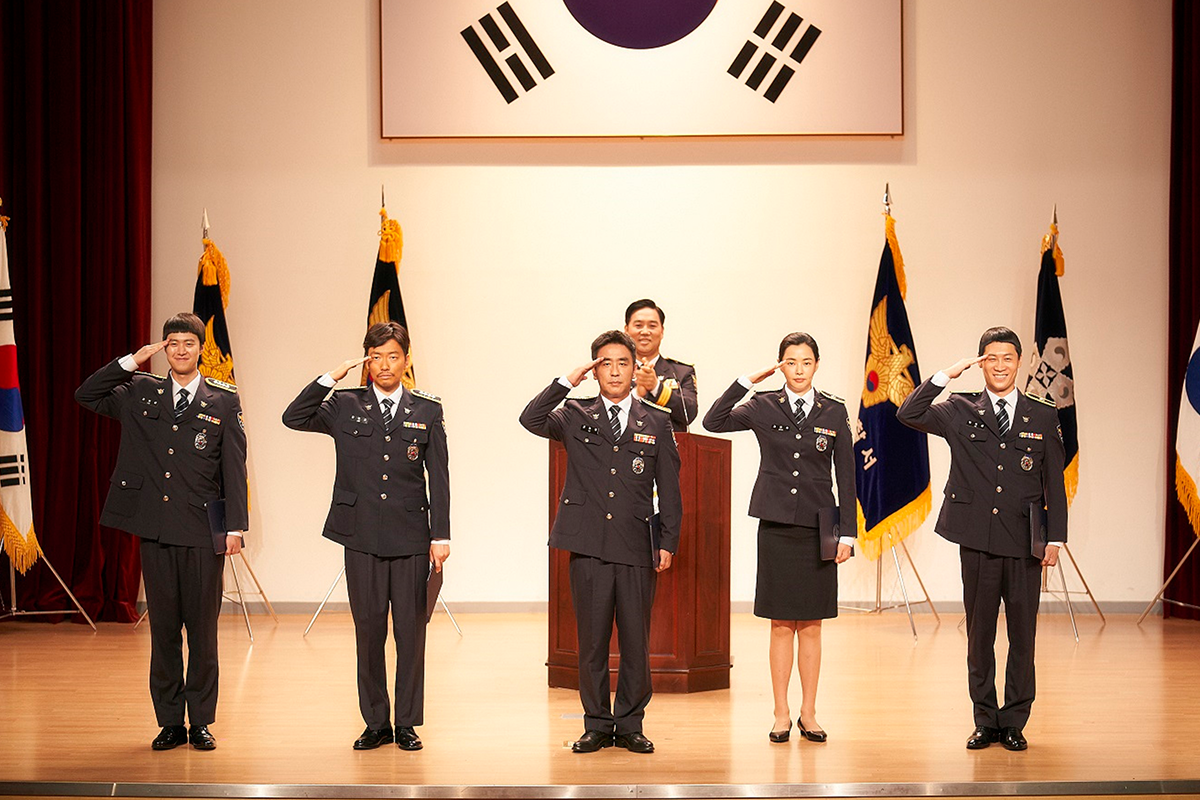
Police promotion processes vary. The four processes are performance-based promotion, test-based promotion, special promotion, and seniority-based promotion.
Performance-based promotion is through evaluation of your normal working behavior. Test-based promotion is based on test results of a yearly test.
Special promotion literally refers to the special promotion of people who show outstanding performance of their duties compared to others.
Lastly, seniority-based promotion refers to the promotion of officers below the rank of inspector who have worked for a certain period of time.
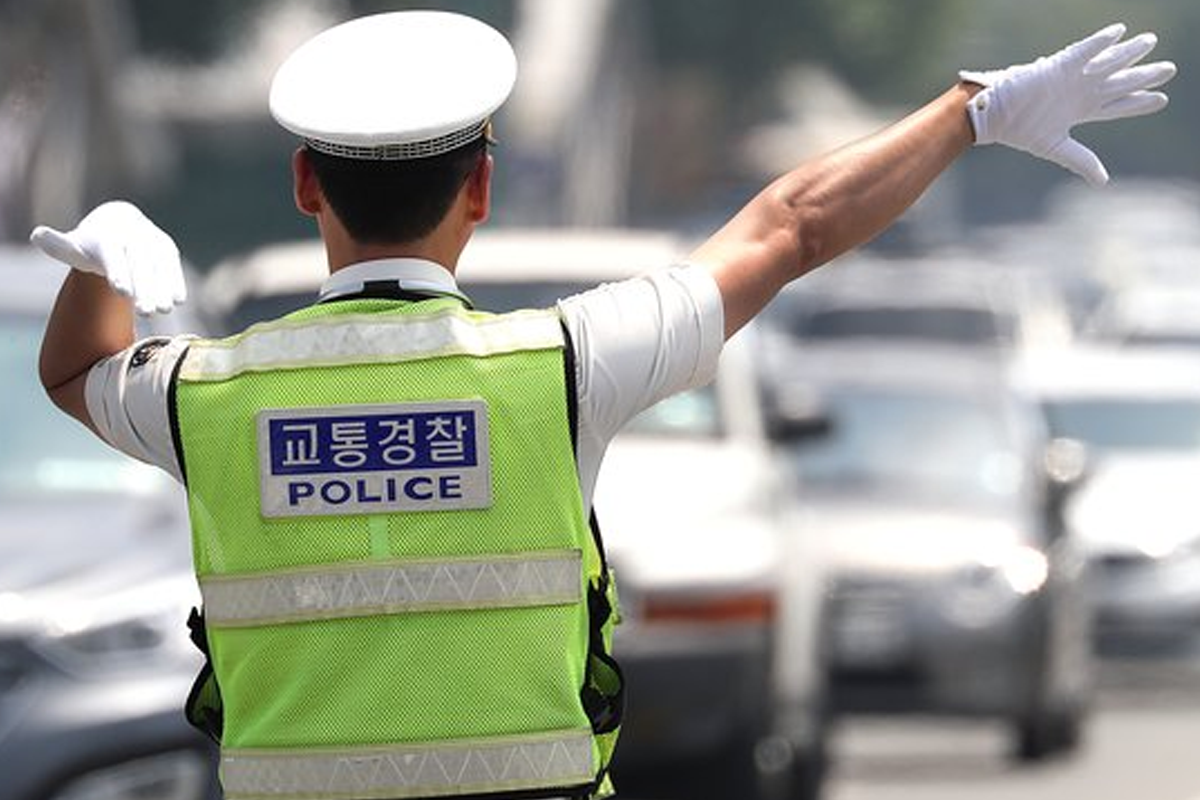
However, in reality, performance-based promotion is inevitably delayed for police officers who work at the police station, and special promotions are even more difficult.
Because they're busy with work, it's hard to study for a test-based promotion as well. That is why many police officers say they have no choice but to wait for a seniority-based promotion.
But the problem is, it takes a total of 32 years and 6 months to start as a level 9 police officer and move up to an executive position as a level 6 inspector.
It's a huge difference compared to those who graduate from the Korean National Police University and start as an inspector.
So, there are many cases where police officers with 20 years of experience have a lower rank than those who just graduated from the Police University.
Police Salary
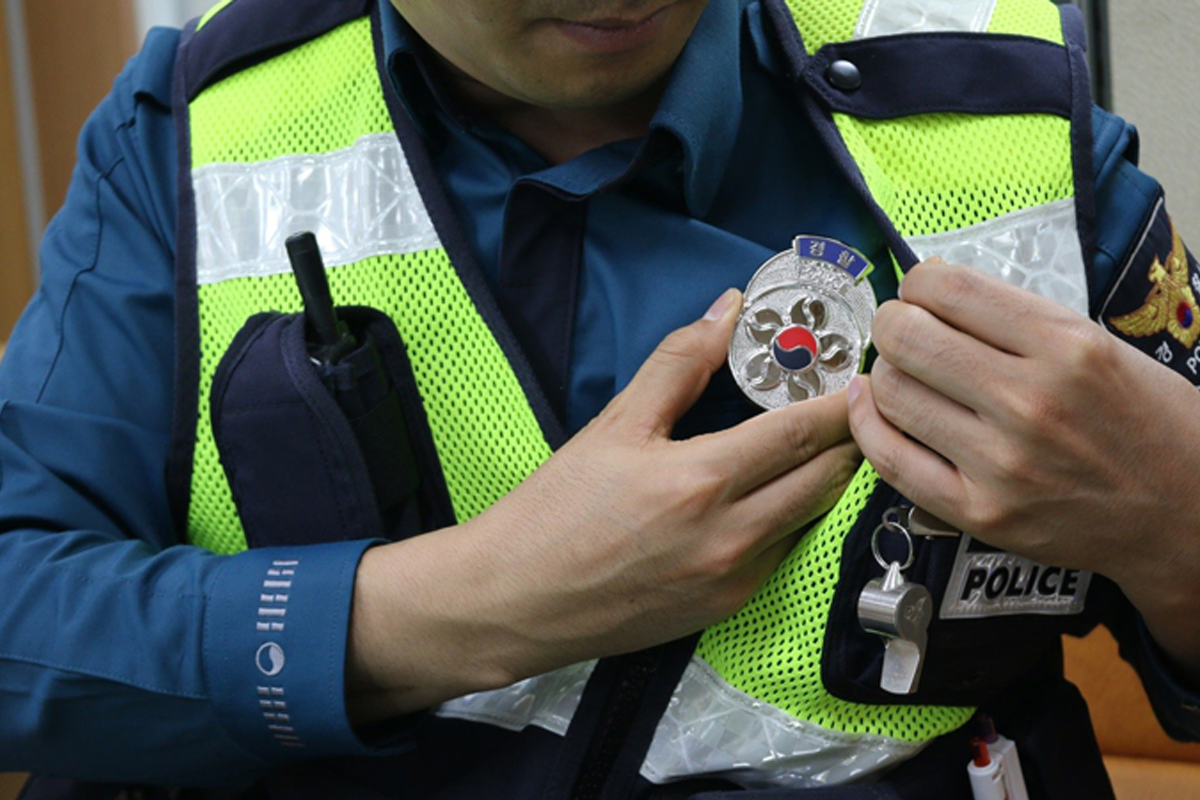
As explained above, the ranks of the police are divided into a total of 11 levels so salaries vary widely.
Also, because the police are civil servants, they are paid according to a pay grade where salary increases according to the number of years of service.
Currently, if you pass the police officer exam and become a police officer, the first year's salary is about 1.64 million won (approx. 1,400 USD) a month.
Since the salary increases a little every year, a police officer of five years receives about 1.94 million won (approx. 1,700 USD) a month.
As a level 6 inspector, they receive about 2.06 million won (approx. 1,800 USD) a month in the first year and 2.4 million won (approx. 2,100 USD) a month in the fifth year.
As such, the salaries of police officers vary greatly by rank and pay grade, so it doesn't mean much to talk about average numbers.
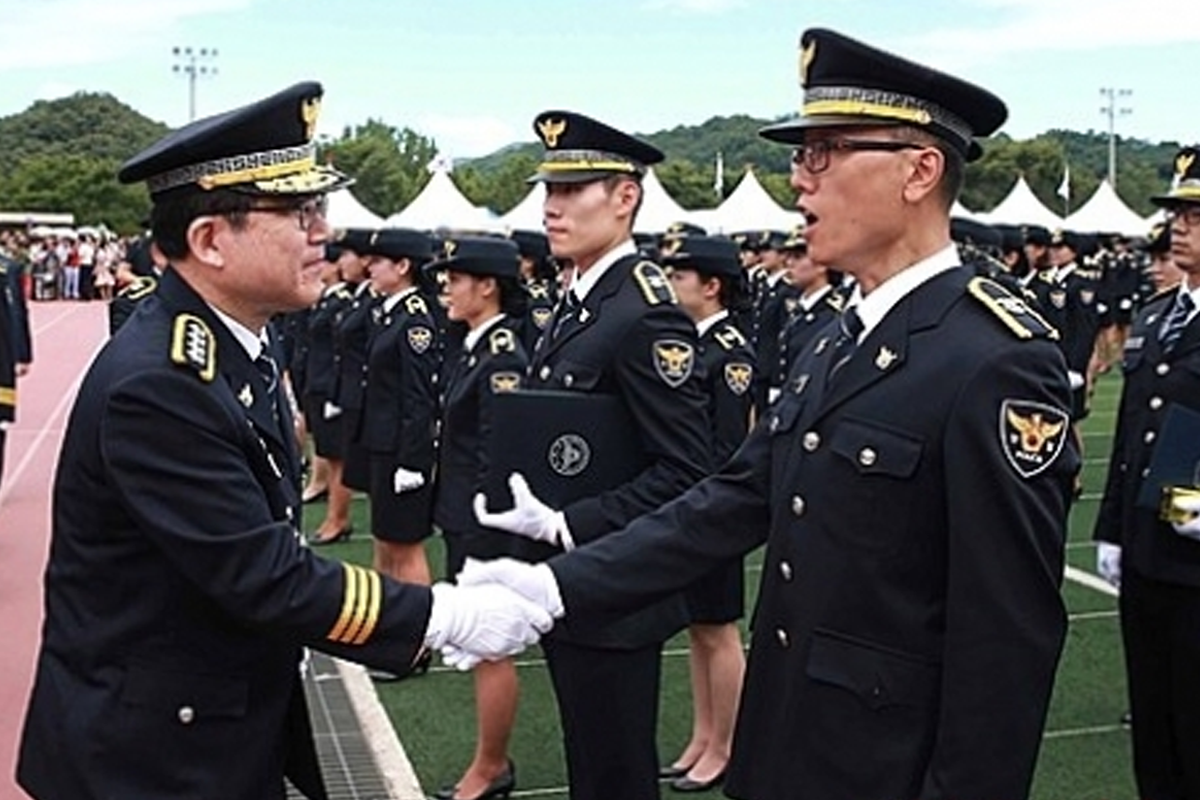
Source: EToday
A police officer's salary doesn't seem like a lot if you just look at the amount. This is because the basic salary of civil servants is not that high.
However, civil servants receive a monthly pension from retirement until death.
In other words, considering the pension they will receive in the future, it is difficult to say that the salary of a police officer is small because income after retirement is guaranteed.
Work Environment Of The Police
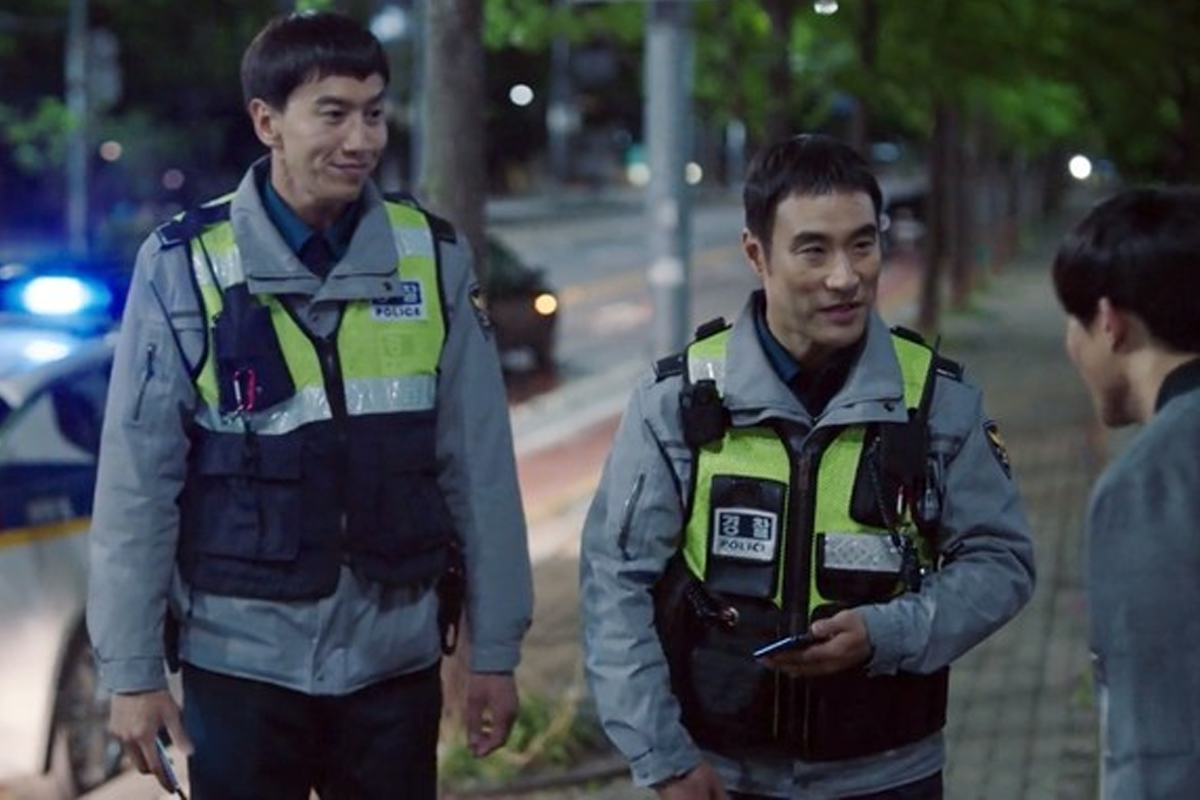
However, it may not be the right choice to dream of becoming a police officer simply because income is guaranteed after retirement.
Because of the nature of police work, they must always be on standby 24 hours a day, so they work additional shifts.
On the day shift, they work from 8:00 am to 8:00 pm, and on the night shift, they work from 7:00 pm until 9:00 am the next day.
It is said that it's not easy to maintain your lifestyle because of these repeated day and night shifts.
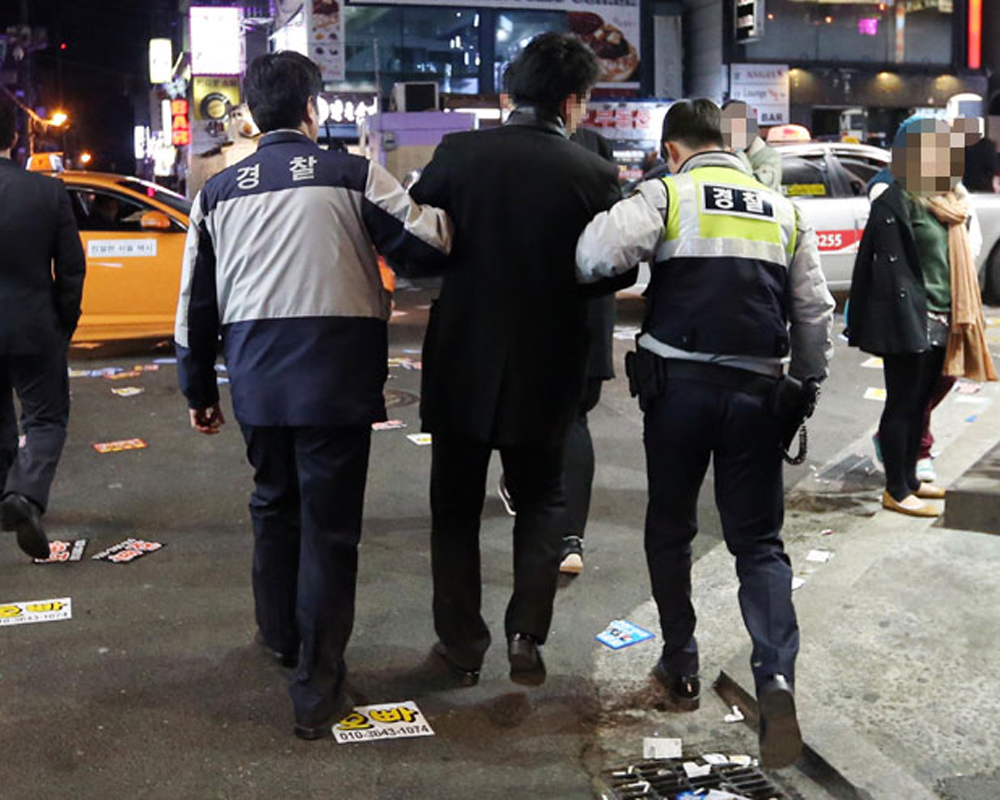
Source: Chosun Monthly
There are many dangerous and difficult things that occur while working as well. It's natural that they face danger when they're at a crime scene.
They may also experience insulting and demeaning behavior. It's common to get spit on by drunk people or slapped by people who are complaining.
In other words, it is not only difficult to become a police officer in Korea, but the working environment isn't easy, and there aren't many opportunities for promotion.
That's why you shouldn't dream of becoming a police officer just based on how great it looks from the outside. It is difficult to survive unless you truly have a sense of duty to work for the people.
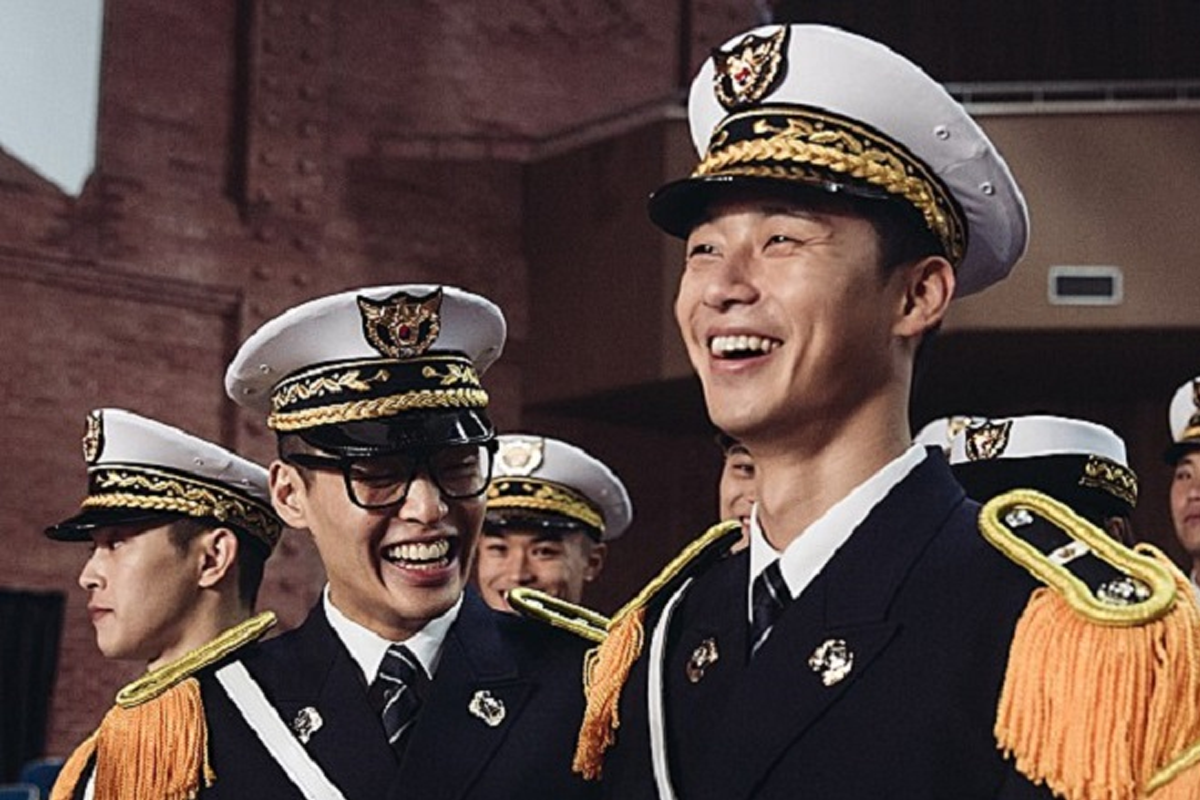
Today, we took some time to find out about the police in Korea.
Did you notice any differences from how they're portrayed in dramas and movies? What is similar or different from the police in your country?
Please let me know in the comments and I'll be back with more fun and informative posts soon!




